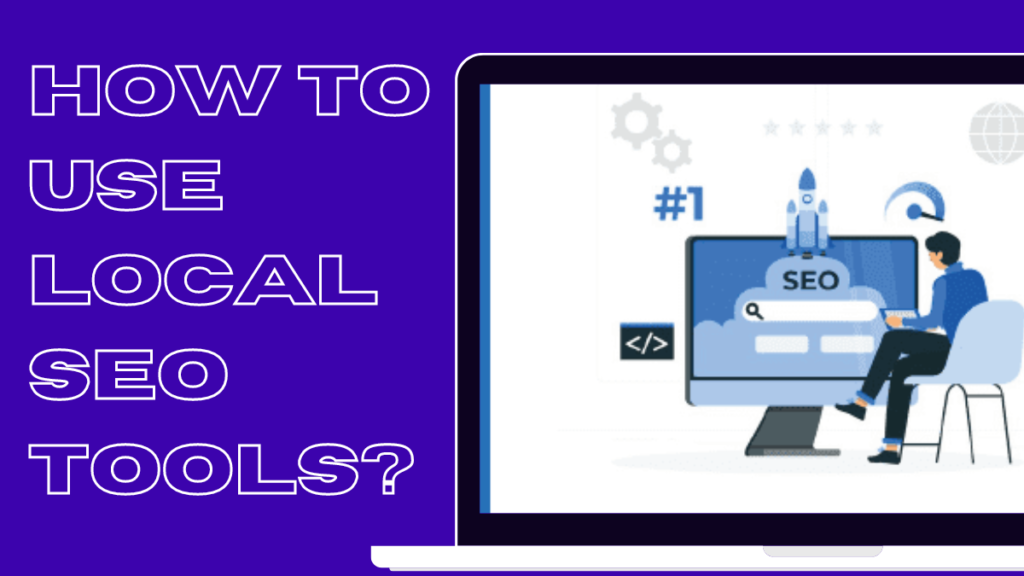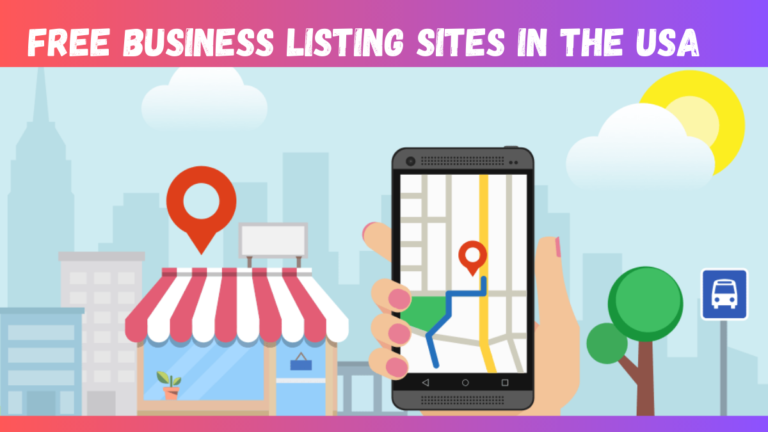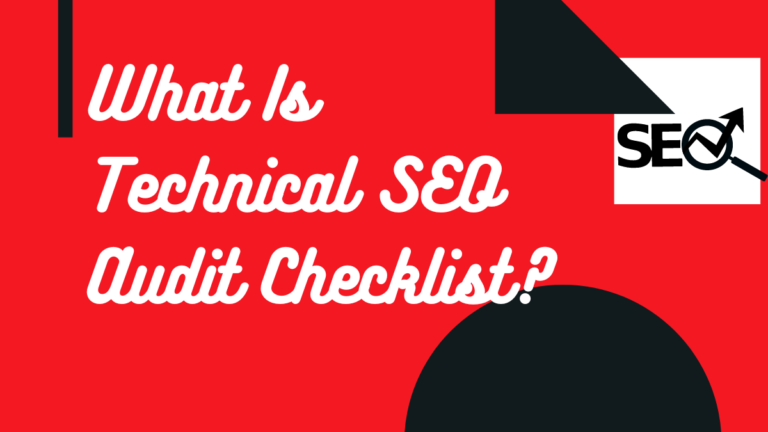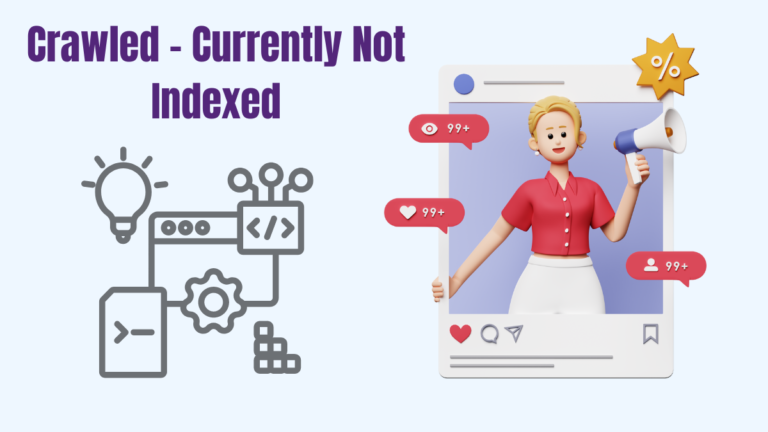Local Business Search Engine Marketing
Welcome to the world of local business search engine marketing! In today’s digital era, it’s crucial for small businesses to harness the power of online platforms and reach their target audience effectively.
Whether you’re a cozy café in a bustling city or a boutique store tucked away in a charming neighborhood, this blog post will equip you with invaluable tips and strategies to boost your visibility on search engines. Get ready to unlock the secrets that will skyrocket your local business growth and leave your competitors in awe! Let’s dive into the exciting realm of local business search engine marketing together.
Table of Contents
What is Local Business Search Engine Marketing?
Local business search engine marketing (LBSEM) is the process of promoting a company’s website or online presence using local search engine optimization (LSEO). It can be used to generate traffic to a website from within a specific geographic area, and may also include the use of pay-per-click (PPC) advertising. The goal of LBSEM is to improve the visibility of a company in local search results pages (SERPs), which can lead to increased web traffic, leads, and sales.
There are many factors that must be considered when designing an effective LBSEM strategy. The most important element is targeting the right local search engines. A company should target those that are relevant to its industry and have high traffic levels.
Additionally, it is important to target keywords that are likely to be searched by potential customers in your region. It is also beneficial to create content that is specific to your region and valuable for consumers.
Once a company has targeted its local search engines and created relevant content, it must ensure that its website is optimized for SEO. This includes ensuring that pages are well-written, free of errors, and properly coded.
In addition, Google AdWords should be activated on appropriate accounts and ads should be placed in positions where they will be seen by users searching for relevant terms. Regular back-linking and link-building efforts should be maintained so that links from high-quality websites referencing your site will help boost your ranking in SERPs.
LBSEM can be an effective way to drive traffic to a company’s website and increase its visibility within local search results pages. However, it is important to consider all the factors involved in designing an effective strategy before starting down the path.
The Basics of Local Business Search Engine Marketing
Local business search engine marketing is a process of increasing visibility for a local business on popular search engines. There are many factors to consider when starting a local business search engine marketing campaign, but the basics include developing a strategy, setting goals, and testing and evaluating your efforts.
Developing a Strategy: The first step in any local business search engine marketing campaign is to develop a strategy. This includes understanding what keywords your business should be targeting, how often you should be updating your content, and how you will measure success.
Once you have developed a strategy, it is important to set goals. These goals should be specific (e.g., achieve 100% organic traffic from Google within 12 months), achievable (e.g., aim for 50 quality backlinks from relevant websites), and timed (e.g., have your first goal completed by the end of the year).
Testing and Evaluating Your Efforts: It is important to test and evaluate your efforts regularly to determine whether or not you are achieving your goals. You can use online tools such as Google Analytics to track pageviews, unique visitors, conversion rates, and more.
Additionally, social media platforms such as Twitter can be used to track followers, likes, and comments – all of which can provide valuable feedback about your content and overall strategy.
If you are looking to start a local business search engine marketing campaign, our team at Jigsaw can help you develop a strategy and achieve your goals. Contact us today to get started!

How to Use Local SEO Tools?
- Local SEO tools can be a valuable resource for small business owners and entrepreneurs who are looking to improve their web presence in their local area. By using local SEO tools, businesses can identify where they rank in search engine results pages (SERPs) for specific keyword phrases, as well as learn about the potential competition.
- There are several different local SEO tools available online, and each has its strengths and weaknesses. Some of the most popular tools include Google Trends, SEMrush, Moz, and Ahrefs. Each tool has its own set of features that make it unique; it is important to choose the right tool for the job.
- Google Trends is a free tool that allows users to see how often certain keywords have been searched for over time. This information can help businesses determine which keywords are most important to their target audience and which ones they should focus on improving rankings for.
- SEMrush is an advanced tool that allows businesses to track competitor activity, analyze keyword trends, and build competitive analysis reports. It also offers features such as traffic estimations and search engine ranking analysis.
- Moz is a paid tool that provides users with detailed data on website performance across multiple dimensions, including traffic sources, Organic Search Index (OSI), Social Media Impact Score (SMIS), backlinks from other websites, and much more. Moz also offers paid services such as comprehensive site audits and competitive intelligence reports.
- Ahrefs is another paid tool that provides detailed information on website traffic, an organic search index (OSI), social media impact, backlinks, and more. Ahrefs also offers paid services such as comprehensive site audits and competitive intelligence reports.
Tips for Optimizing Your Website for SEO
- Make your website as search engine friendly as possible. This includes using keyword-rich titles, descriptions, and tags for your content, as well as including relevant keywords throughout your site architecture.
- Optimize your website for mobile devices. Make sure all of your pages load quickly and look good on a phone or tablet screen.
- Monitor your website’s traffic and make changes to improve performance based on analytics data.
- Use external linking to promote your site within other online directories and sites that are related to the topics you cover.
- Publish regular blog articles that focus on specific areas of interest to potential customers, and include links to your website in the body of the article.
- Participate in online forums and chats related to your industry, and offer your website’s URL as a resource for visitors.
- Make use of social media to promote your website and connect with potential customers. Use relevant hashtags and post interesting blog articles and other content that can be shared on social media platforms.
- Conduct online surveys to gather feedback about your website and product offerings. Use this data to make changes to improve customer experience.
- Evaluate your website’s performance regularly and make changes as necessary to keep it optimized for search engine visibility.
Conclusion
As an online entrepreneur, you know that your success relies on reaching as many people as possible. With local business search engine marketing, you can reach a much wider audience than you would with traditional online marketing techniques.
By incorporating local business search engine marketing into your overall online strategy, you can ensure that your message is getting out there and that potential customers are finding and clicking on the links to your website.






